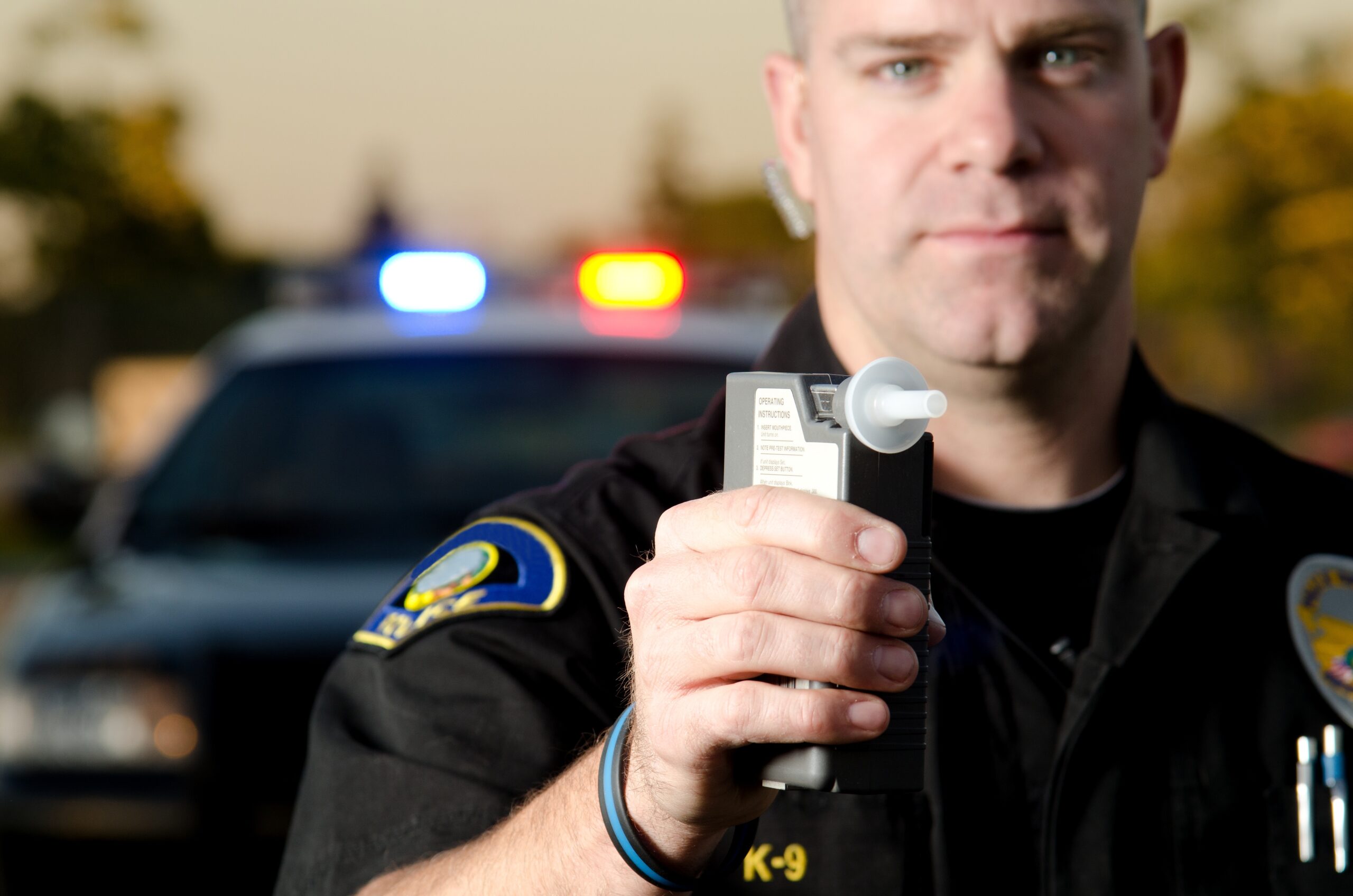One of the most frequent questions our attorneys at Walton Law Firm, P.C. get asked is whether someone should blow or not blow if suspected of a DUI or DWI.
Unfortunately, the answer isn’t as simple as a “yes” or “no”. There are pros and cons to each option.
Let’s break it down.
Before we continue, please note that Every case is different. Every arrest is different. There is no easy fix or “one size fits all” solution to a DUI / DWI charge.
Preliminary Alcohol Screening (PAS) Roadside, Before Arrest
The first is the roadside breathalyzer, otherwise known as the Preliminary Alcohol Screening or PAS test. The results from these readings are not admissible in court. This is due to the possibility of false positives that can be caused by myriad of different items such as:
- Health Issues
-
- Diabetes, Acid Reflux or even the use of dentures.
-
- Low Carb Diet
-
- Going into Ketosis causes you to produce a high level of Ketones that can give a false reading.
-
- Following intense exercise
-
- warm breath following exercise may give a false reading.
-
- Timing
-
- Most breathalyzer have instructions for a 20-minute deprivation period. Meaning Law Enforcement is supposed to wait a minimum of 20 minutes following the stop to administer the breathalyzer.
-
- Occupation
-
- Certain people who work around high amounts of gasoline, cement, oil-based paint, paint removers and other chemicals could end up with a false positive due to their breath still containing fumes from the chemicals.
-
- Defective Equipment
-
- Roadside Breathalyzers must be consistently calibrated in order for the sensors to work properly.
-
- Inadequate Training
-
- Law Enforcement must be properly trained in the use of roadside breathalyzers, if not the test administered could give a false reading.
-
However, Law Enforcement continues to utilize roadside breathalyzers as a form probable cause for your arrest. You can refuse to participate in the roadside breathalyzer and any other field sobriety tests – without penalty. If you are pulled over by Auburn Police or Lee County Sheriff’s office for a DUI and refuse to participate in any Preliminary Alcohol Screening Tests, Law Enforcement may use other forms of probable cause such as erratic driving, slurred speech, strong odor of alcohol coming from your person and or vehicle to arrest you for suspicion of DUI or DWI.
Evidentiary Breath Test (EBT) At the Station or Jail Following Arrest
The second form of Blood Alcohol Testing comes after you have been arrested and are at the police station, city or county jail. This is what is known as the Evidentiary Breath Test or EBT. According to the US Department of Transportation – these are the only types of devices that may be used to perform a breath Blood Alcohol Analysis. (Learn more about Evidential Testing Devices that are approved by clicking here)
In order for these testing devices to be accurate, they must have the following capabilities:
- Provides a printed triplicate result (or three consecutive identical copies of a result) of each breath test;
- Assigns a unique number to each completed test, which the BAT and employee can read before each test and which is printed on each copy of the result;
- Prints, on each copy of the result, the manufacturer’s name for the device, its serial number, and the time of the test;
- Distinguishes alcohol from acetone at the 0.02 alcohol concentration level;
- Tests an air blank; and
- Performs an external calibration check.
U.S Department of Transportation. “Approved Evidential Testing Devices” 11/2/2017
Have you or a loved one been charged with a DUI in Auburn, Opelika, Lee County or Chambers County, Alabama? Contact our experienced team of DUI lawyers for an initial case consultation.
Implied Consent & Evidentiary Breath Test (EBT)
In the State of Alabama, we have what is referred to as Implied Consent. This means by driving in the State of Alabama, you have already consented to the Evidentiary Breath Test (EBT) if you are lawfully arrested for a DUI. According to Nolo.com “Motorists who refuse a breath test will be subject to a 90-day suspension for a first refusal and a one-year suspension for subsequent occurrences. An implied consent suspension doesn’t require a DUI conviction”.
According to Alabama Statute and Implied Consent, refusing the Evidentiary Breath Test (EBT) following your arrest for DUI / DWI means you could still be facing a driver’s license suspension for 90 days, whether you were convicted or not. Furthermore, with a refusal to allow law enforcement to administer the EBT, your charge could be upgraded from a regular DUI / DWI to an “aggravated” DUI / DWI. If convicted of an aggravated DUI / DWI, you could be facing harsher penalties. For example, having to install an interlock device to your vehicle for up to one year.
Warrants for BAC
In many of the DUI cases that we handle in Auburn, Opelika, Lee and Chambers County, once a person refuses the Evidentiary Breath Test following their arrest for DUI / DWI, Law Enforcement will request a warrant for a blood test. Once the warrant is issued, the blood test should be administered by health care professionals and sent off for testing by Law Enforcement. Also, once a warrant is issued to draw your blood, force may be used by Law Enforcement if you do not consent.
In Conclusion
In the State of Alabama, you can refuse any Preliminary Alcohol Screening tests, or roadside tests without facing any penalties. Furthermore, many of these types of screenings can give false positives.
If you are still placed under arrest for suspicion of DUI / DWI, it is in your best interest under Alabama’s Implied Consent Laws to go ahead and allow law enforcement to administer the Evidentiary Breath Test. If you refused the Preliminary Alcohol Screening tests (roadside tests), a qualified DUI attorney may be able to successfully argue having any positive results from the Evidentiary Breath Test suppressed, due to a potential lack of probable cause for the initial arrest, assuming there are no other facts and circumstances which Law Enforcement could use as evidence as probable cause.
Every case is different. Every arrest is different. There is no easy fix or “one size fits all” solution to a DUI / DWI charge.
It is important that you contact a highly experienced and top local DUI Attorney, like Trip Walton and his DUI Defense Team, for an in-depth case evaluation to determine the best way to proceed regarding your DUI Charge.


